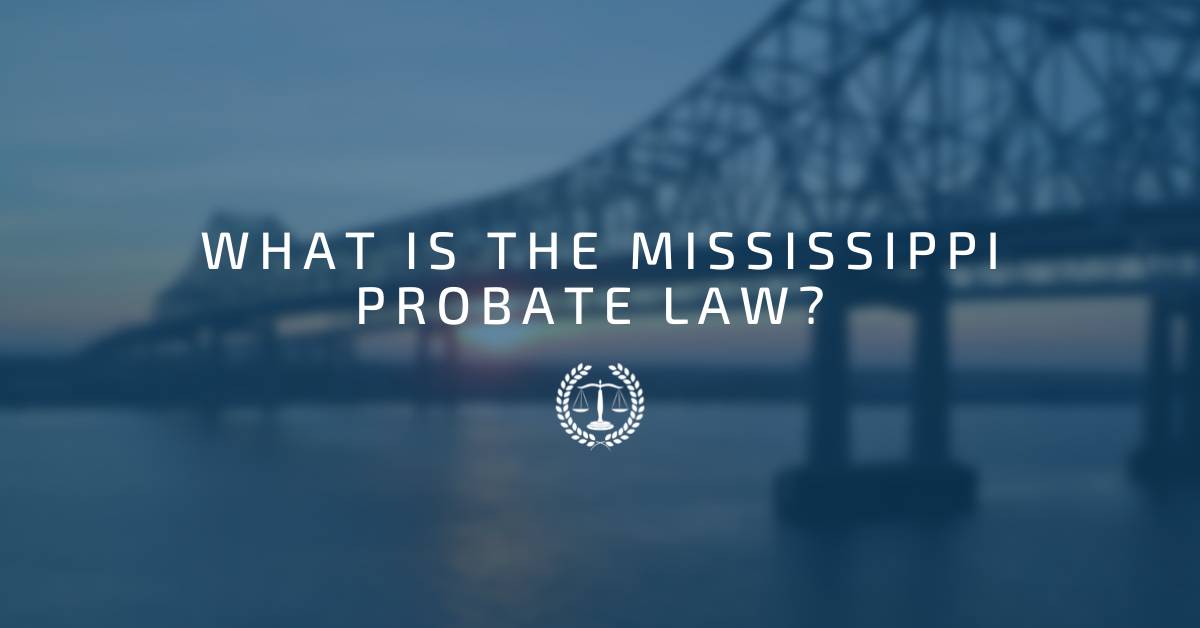Probate laws vary from state to state, so it is important to understand how this law works in your state and it is equally important to have a knowledgeable lawyer assisting you in this process. However, before we discuss how the probate laws are specific to the state of Mississippi, let’s first understand what probate is and what is involved in the probate process.
What does the probate process involve?
When a loved one passes away, it is traditional for the surviving family to arrange burial arrangements, obtain a death certificate, and sort through the deceased’s belongings, including everything from a teaspoon to mortgages.
Family members and loved ones of the deceased cannot usually seize items from the deceased’s estate, even if the will states their entitlement to those assets, nor can they ignore unsolved matters of the estate. This is where the probate comes in.
Probate is the legal process of settling a loved one’s affairs in an organized fashion. Executors usually oversee probate through the probate court, which are typically organized by county. This may require representatives and beneficiaries to appear in court at a courthouse when a dispute or legal challenge arises.
If one dies without a will, their surviving spouse or child, who must be 18 years of age, has priority to open a probate case as the administrator. Executors and administrators can consult a probate attorney upon the need of legal advice.
How do probate laws work in Mississippi?
Probate is the process by which the assets of an individual, who recently passed away, transfer to their heirs. The probate court validates the decedent’s last will and testament, distributes assets to heirs, and settles any and all debt left behind by the deceased.
Most people have written a final will and testament, stating their wishes and instructions regarding their estate upon their passing. The probate process involves proving and verifying the will as a legitimate document. Probate may still appear in the absence of a will as the court must establish a distribution of assets in the estate of the deceased.
When is probate required in Mississippi?
Probate is not always necessary, and this is true whether the deceased dies with or without a will. All wills do not need to be probated. A deceased’s estate’s need for probate depends on the total value of the assets they leave behind. Probate may be necessary for the following:
- Handwritten wills
- Unclear terms in a will
- Heirs are minors without a guardian
- Heirship hearing
- Assets include real estate
If you wish to learn more about the probate laws in the state of Mississippi, our lawyers at Mestayer Law Firm, PLLC are more than willing to assist you! To get in touch with one of our lawyers, give us a call today and we will assist you and your family as you proceed through the probate process.
No representation is made that the quality of legal services performed is greater than the quality of legal services performed by other lawyers
This article does not create an attorney-client relationship. I am licensed to practice law in Mississippi and have based the information presented on US laws. This article is legal information and is for entertainment and informational purposes only and should not be seen as legal advice. You should consult with an attorney before you rely on this information. Any information provided in this blog is accurate and true to the best of my knowledge, but that there may be omissions, errors or mistakes.

